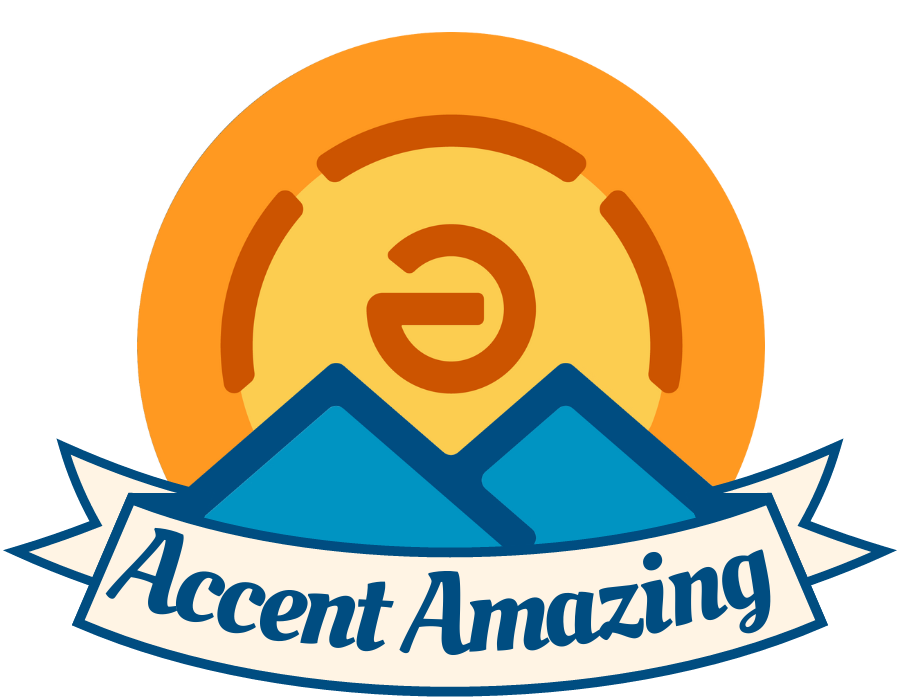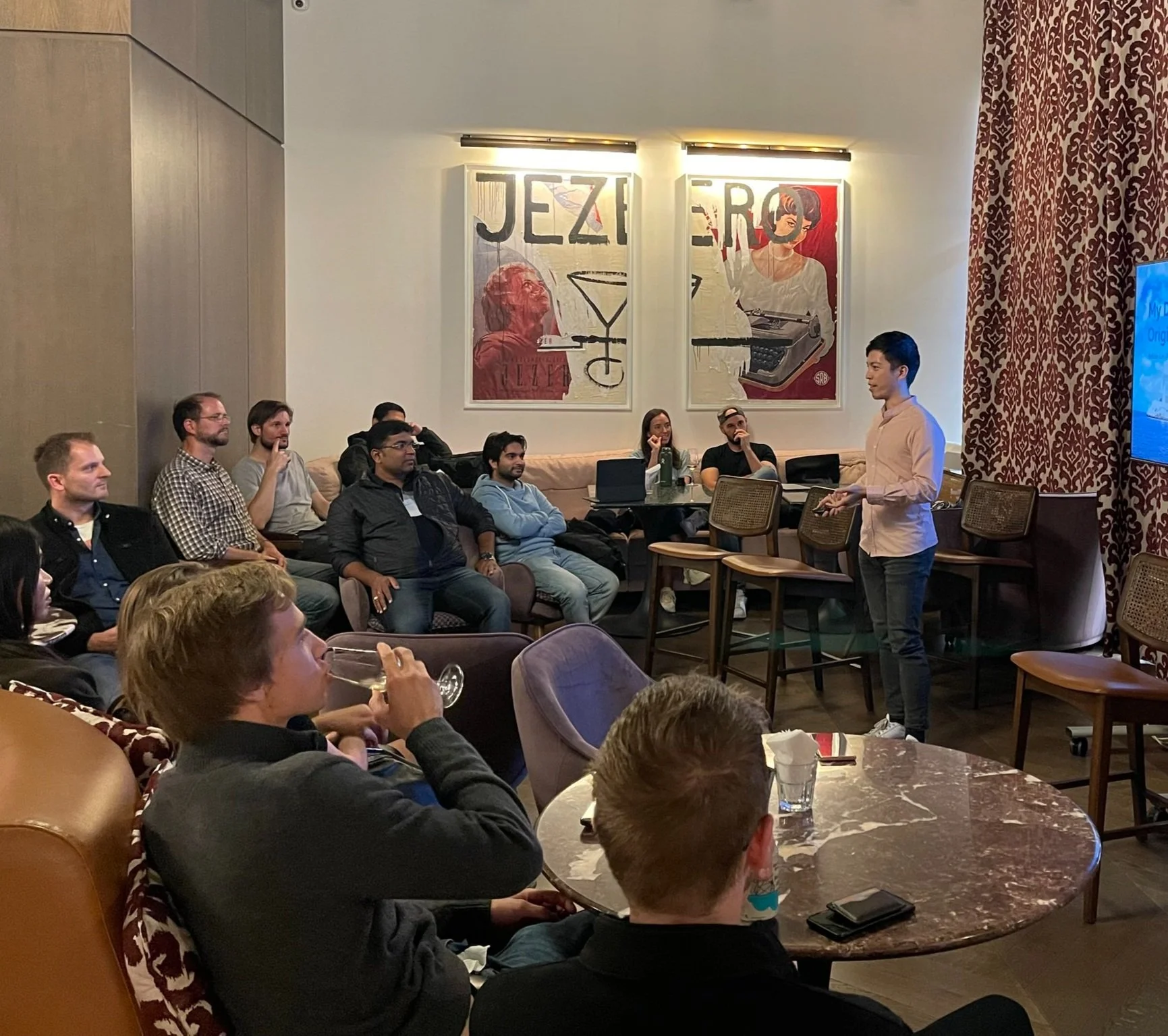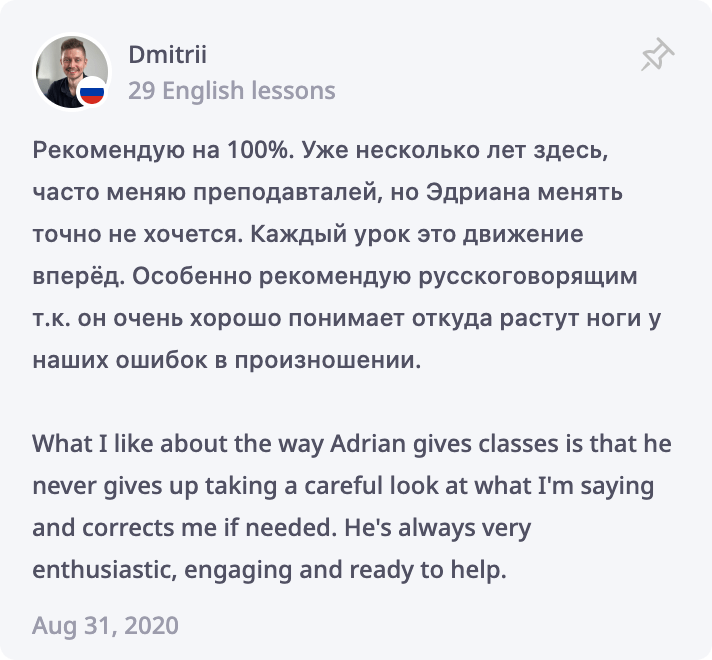
About me
How I learned to love listening to language, linguistics, and English
I grew up in a family where four languages were spoken: English, Mandarin, Cantonese, and Shanghainese. My parents are American and we spoke American English at home while at the British style international school I attended, most of my teachers were from various parts of the UK.
In fact, while I’m a native speaker of English, when I was a kid, I didn’t speak with a fully American accent back then! My accent back then was a mix of American, British, and Cantonese accents. As late as a few years ago, people told me my accent was vaguely British. But when I started teaching full-time I learned to speak in a general American accent, a skill I teach to my students now
Background
My journey (& yours)
After my secondary schooling at a British-style school in Hong Kong, I moved to the US to study linguistics at the University of Pennsylvania, which as one of the best linguistics programs in the world. I studied phonetics, phonology, and dialectology, writing several papers on phonetics and language, as well as co-founding the Pliŋ: The Penn Linguistics Society. I continue to use the knowledge and skills I gained here today!
After university, I studied business and design, and worked as a user experience designer for a while before finally pivoting back to my one true love: language! This design thinking would guide me in how I design my teaching materials: clear, effective, and tailored to your language background!
I really want you to succeed, which is why I’m constantly researching & developing my teaching methods & materials, both in my 1:1 trainings, and in my video courses. From the beginning of your journey, every step of the way I’m here to guide you to your dream English pronunciation & American accent!
Some linguistic research papers I wrote
Appearances in the media
Over the years I’ve been invited to speak in academic settings, conventions, and on podcasts. While not a great speaker, I just love sharing my love of languages and more importantly helping demystify the world of phonetics, linguistics, and accent neutralization to people from all walks of life!
-
Led a workshop on ChatGPT prompts for accent & pronunciation practice material creation.
-
I was interviewed for self development podcast and got to speak about goal setting and habits as they pertain to accent modification as well as life. Read more here.
-
Invited as an interview guest by Accent Coach Bianca to talk about phonology and common examples of accent features. Watch here.
-
I was invited as a presenter at the 2022 Polyglot Gathering in Teresin, Poland to talk about how listening to accents can teach you about the phonological features of your target language and ultimately help you improve. Watch here.
-
I was an interview guest on an Instagram Live with French teacher Gaelle. We spoke about what I do as an accent coach. Watch here.
-
Was invited as a speaker at a small digital nomad gathering in Zagreb, speaking about my business and how I started it
-
Invited as a guest speaker for a class at the Xccelerate program to speak about my accent coaching business

Linguistics is the scientific study of human language, from the sounds and gestures of speech up to the organization of words, sentences, and meaning.
— U. of Pennsylvania Linguistics department page
What students say about me
Frequently Asked Questions
-
I’ve taught people of all ages and all my students have been able to improve. While age is a factor in how easily you can fix your accent, what’s more important is practice plus guidance. If you’re willing to work hard in and outside of class, then you will do well.
-
This is very hard to answer because it depends on 1) how often and how diligently you practice and 2) what level you are at right now, and 3) what you count as fluent. Because of this, it really depends. However, I will say this: when I teach my students a new accent feature, if my students practice them diligently and regularly, they usually pronounce it correctly 80% of the time fairly naturally within 3 or 4 weeks of that class.
-
In our clsses, you will get the following: 1) an accent diagnosis 2) a study plan tailored to your native language 3) a google document with lesson material I write, and 4) guides and materials for practice.
In my coachng, we will study various accent features systematically. You will learn about what makes your accent and how to improve the pronunciation. We will work on mistakes (things you've learnt wrong) and slips (things you understand correctly but can't produce correctly). You are also expected to practice outside of class. Accent reduction is a difficult process but with consistent practice and the right guidance it is definitely achievable.
-
Successful students practice regularly in many different ways. I recommend practicing at least three times a week, at least 10 minutes each time. Your practice should include 1) reading material out loud, 2) free speaking, and 3) recording and listening to yourself. The best students do deliberate practice, paying attention to how their mouth moves, how the sounds sound, what phonological environments the sounds are produced, and do this regularly and consistently.
-
Right now, I’ve just started providing my services online, after mostly working in person. Check out my classes and their prices here on my iTalki profile page
-
I’m usually booked two weeks in advance, so it may be difficult to get a lesson in the same week. Also I don’t always have enough space for new students and I need to keep enough space for current students. If this is the case, you can subscribe to my newsletter and keep up to date on my schedule, or perhaps consider purchasing my upcoming self-paced video course!












